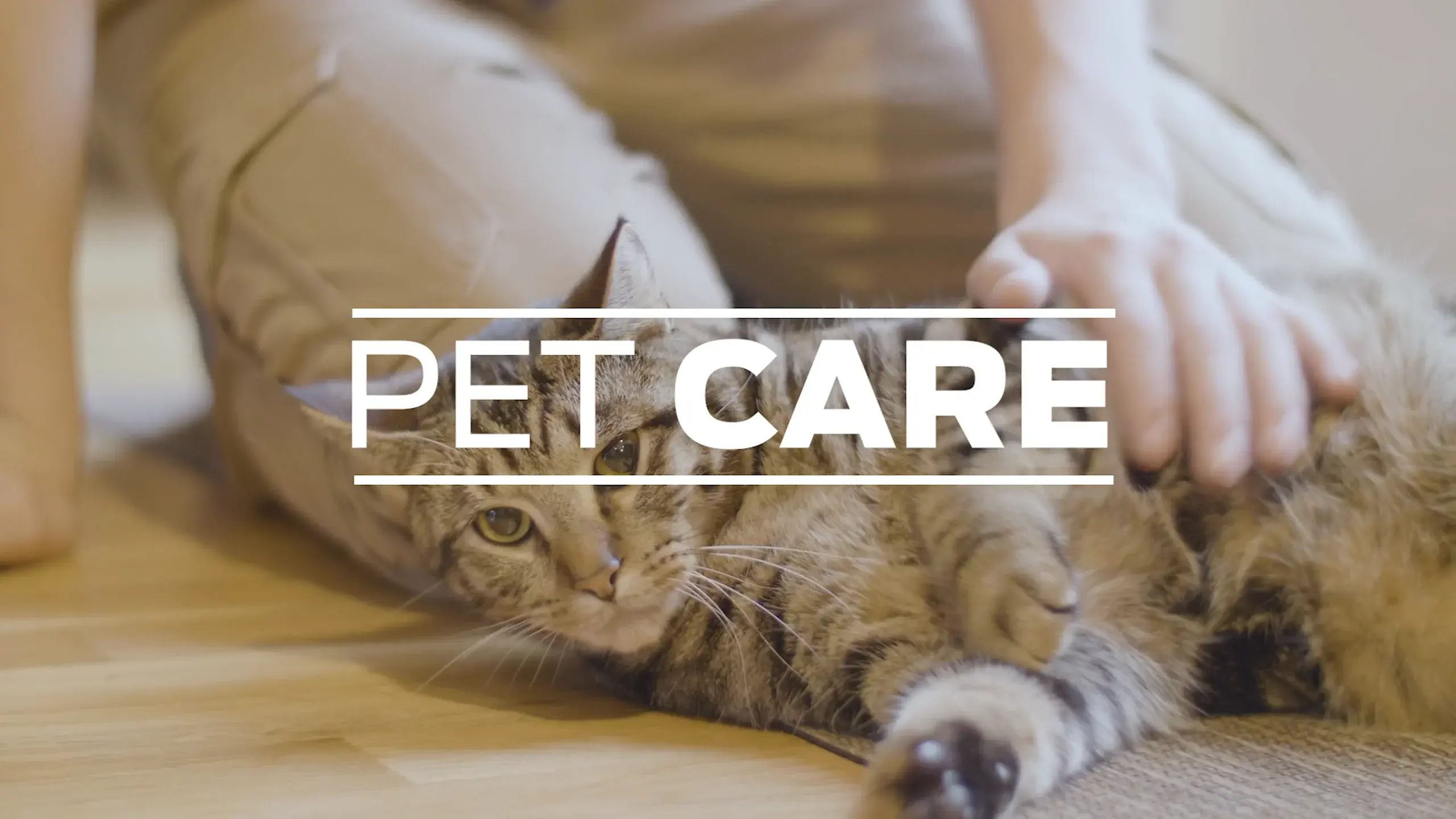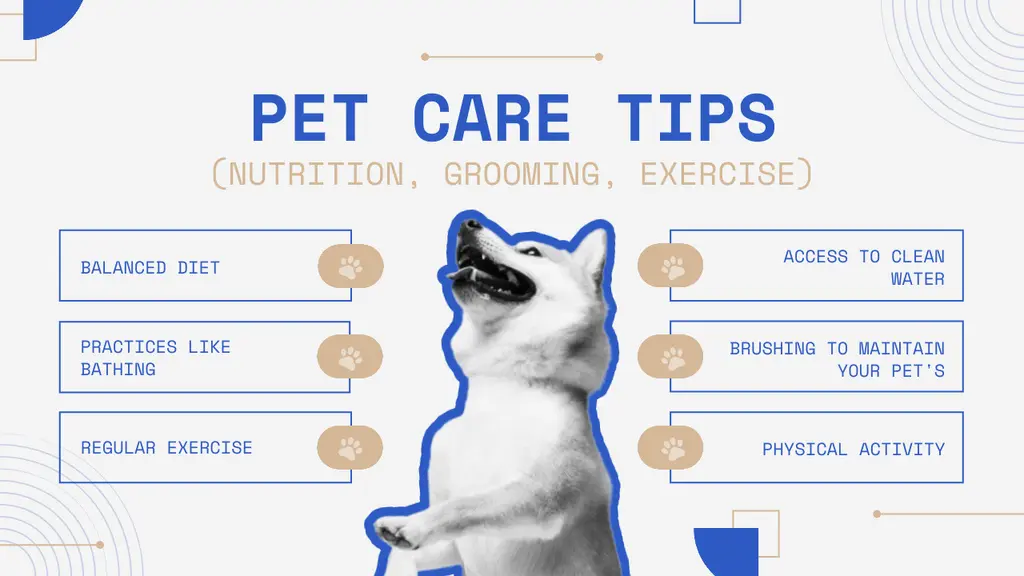
Understanding Your Pet’s Needs
Every type of pet—dogs, cats, birds, reptiles—has unique needs. Before bringing a pet home, research their dietary requirements, habitat, exercise, and socialization needs. Meeting these fundamental requirements is the foundation of great pet care.
Nutrition: Feeding Your Pet Right
Proper nutrition is vital for your pet’s health and longevity. Choose high-quality food appropriate for your pet’s species, age, and health condition. Consult your veterinarian about:
- Balanced diets rich in essential nutrients
- Avoiding harmful human foods (like chocolate or onions)
- Proper portion sizes to prevent obesity
- Fresh water availability at all times
Regular Exercise and Mental Stimulation
Physical activity keeps pets fit and prevents behavioral problems. Dogs need daily walks and playtime, while cats benefit from interactive toys. Birds and small mammals require space to move and explore. Mental stimulation through training, puzzle feeders, or social interaction is equally important.
Routine Veterinary Care
Regular visits to the veterinarian ensure your pet stays healthy. Vaccinations, parasite control, dental checkups, and early illness detection are critical components of preventive care. Maintain a vaccination schedule and promptly address any signs of illness.
Grooming and Hygiene
Maintain your pet’s hygiene with regular grooming:
- Brush fur to reduce shedding and prevent matting.
- Trim nails to avoid discomfort and injury.
- Bathe pets as recommended for their breed and skin type.
- Clean ears and teeth to prevent infections and dental disease.
Creating a Safe and Comfortable Environment
Your pet’s living space should be safe, clean, and comfortable. Remove hazards such as toxic plants or accessible chemicals. Provide cozy bedding and a quiet area where your pet can relax undisturbed.
Socialization and Training
Proper socialization helps pets adapt to new environments, people, and other animals. Early training builds good behavior and strengthens the bond between you and your pet. Positive reinforcement methods work best for most species.
Recognizing Signs of Stress or Illness
Knowing how to identify stress or illness can prevent serious health issues. Common signs include:
- Changes in appetite or behavior
- Excessive scratching or licking
- Unusual vocalizations or lethargy
- Vomiting or diarrhea
Contact your vet immediately if you notice these symptoms.
Emergency Preparedness for Pet Owners
Prepare for emergencies by:
- Keeping a pet first aid kit at home
- Knowing nearby emergency veterinary clinics
- Having an evacuation plan that includes your pet
- Keeping pet identification tags updated
Conclusion: Responsible Pet Care Creates Happy Companions
Providing essential pet care is a rewarding commitment that ensures your pet lives a long, healthy, and joyful life. By focusing on nutrition, exercise, regular vet visits, grooming, and creating a safe environment, you’re giving your pet the best chance for happiness and well-being. Every pet owner benefits from staying informed and proactive in their pet care routines.



